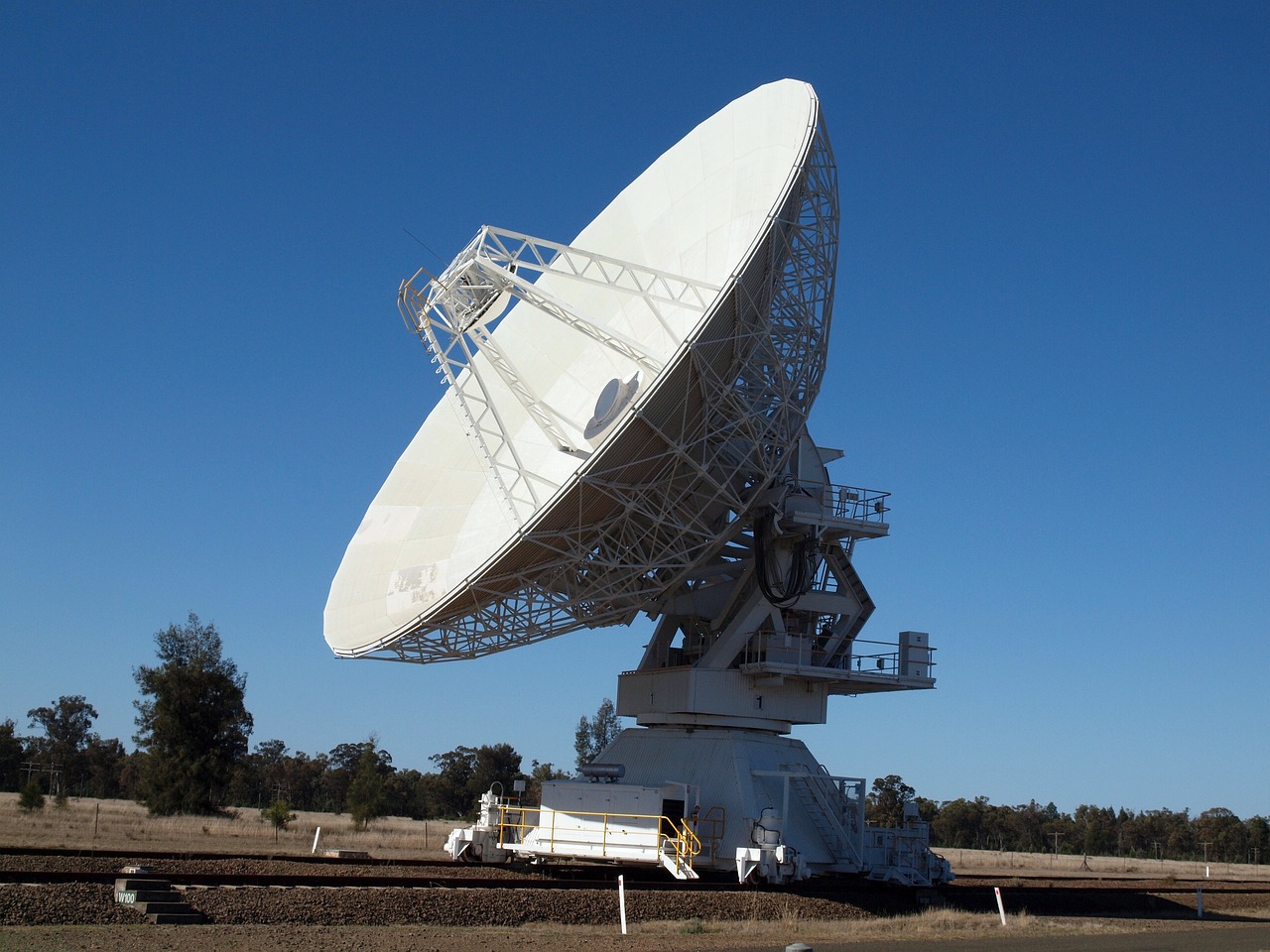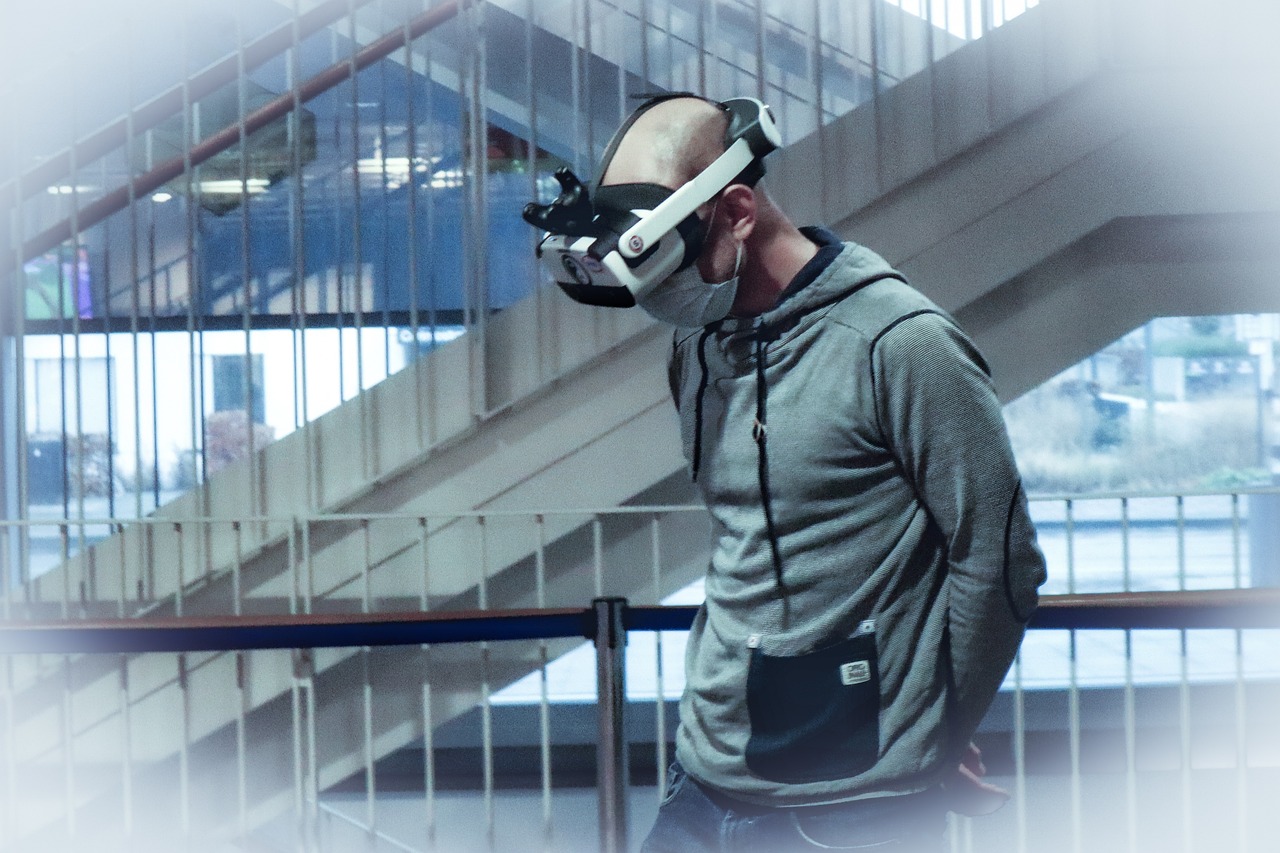
The Future of Artificial Intelligence: What Lies Ahead
Artificial Intelligence (AI) is no longer just a buzzword; it’s a technology that is rapidly shaping the future of our world. From self-driving cars to personalized healthcare, AI is making significant impacts across industries. But what does the future hold for AI? In this article, we’ll explore the trends, advancements, and challenges that will define AI in the years to come.
What is Artificial Intelligence?
Artificial Intelligence refers to machines or software designed to perform tasks that typically require human intelligence. These tasks include things like learning, problem-solving, speech recognition, and decision-making. Today, AI is already used in many areas, from recommending products online to diagnosing diseases.
But as AI continues to evolve, its capabilities will only expand.

AI Trends to Watch for in the Future
1. Smarter AI Systems
The future of AI will focus on creating systems that are smarter, faster, and more accurate. Machine learning (ML) and deep learning (DL) algorithms are improving every day. These AI systems will be able to process more complex data, make better predictions, and offer more precise solutions.
For instance, in healthcare, AI will assist doctors in diagnosing diseases at an earlier stage, potentially saving lives and reducing healthcare costs.
2. AI in Everyday Life
AI is becoming a part of our daily routines, and this trend will only grow. From smart assistants like Siri and Alexa to autonomous vehicles, AI is making everyday tasks easier and more efficient. In the future, AI will likely be integrated into even more aspects of our lives, making homes smarter, cities more efficient, and services more personalized.

3. AI for Sustainability
One of the most promising future applications of AI is its potential to help fight climate change. AI can analyze vast amounts of environmental data to predict weather patterns, monitor pollution, and optimize energy use. For example, AI can help create more energy-efficient systems, leading to reduced carbon footprints.
4. Ethical AI
As AI becomes more powerful, the ethical implications will become increasingly important. Issues such as bias in algorithms, data privacy, and AI decision-making transparency are major concerns. The future of AI will likely involve stricter regulations and guidelines to ensure that AI technologies are used responsibly and ethically.
AI in Key Industries: A Glimpse into the Future
1. Healthcare
In the future, AI will be a vital tool in medical research, treatment planning, and patient care. AI-driven robots will assist in surgeries, while AI algorithms will help doctors make more accurate diagnoses. Personalized medicine, powered by AI, will allow for treatments tailored to a person’s genetics and lifestyle.
2. Finance
AI will continue to revolutionize the finance industry. Future AI systems will be able to predict market trends, identify fraud more accurately, and automate financial advisory services. AI will also streamline back-office operations, making the finance sector more efficient and cost-effective.
3. Transportation
AI is set to transform transportation with autonomous vehicles, smart traffic management, and predictive maintenance. In the future, self-driving cars will reduce accidents caused by human error, while AI-powered public transport systems will help reduce congestion and improve efficiency.

4. Manufacturing
The future of AI in manufacturing is all about automation and optimization. AI will drive the development of smarter factories where robots work alongside humans. Predictive maintenance, inventory management, and quality control will be enhanced by AI, making manufacturing processes faster and more cost-effective.
Challenges on the Horizon
While AI offers numerous benefits, it also presents challenges. Here are a few key hurdles that must be overcome:
- Job Displacement: As AI becomes more capable, some jobs may be automated, leading to concerns about job loss. However, new roles will emerge in AI development, data analysis, and technology management.
- Data Privacy: With AI systems handling more personal data, protecting this information from misuse or cyber-attacks will become increasingly important.
- Bias and Fairness: AI systems must be trained on diverse datasets to avoid biased decision-making. Ensuring fairness in AI algorithms will be critical in building trust in these systems.
Conclusion: A Bright AI Future
The future of Artificial Intelligence is incredibly exciting. As AI continues to evolve, its potential to improve industries, streamline processes, and enhance everyday life is boundless. However, we must be mindful of the ethical challenges and ensure that AI is developed and used in ways that benefit society as a whole.
By embracing AI’s potential and addressing its challenges head-on, we can build a future that is both innovative and responsible. The possibilities are limitless, and AI will undoubtedly play a central role in shaping the world of tomorrow.
By optimizing AI technologies while focusing on responsible use, we can look forward to a future that is more efficient, personalized, and sustainable.





